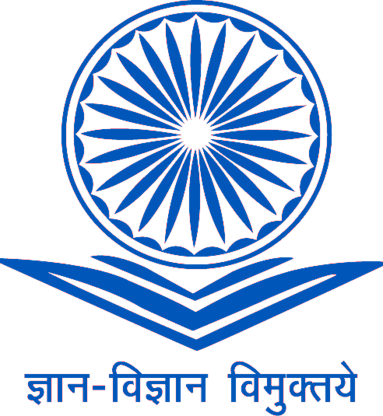Muslim Women, Hijab And Indian Constitution
Abstract
Religion is a matter of belief or faith. The constitution of India recognizes the fact, how important religion is in the life of people of India and hence, provides for the right to freedom of religion under Articles 25 to Article 28.
Constitution of India guarantees Fundamental Right to all persons to freely profess, propagate and practice their Religion or Religious belief. Freedom of religion is part of the Indian Constitution. Nevertheless, it is the weakest fundamental right of all the available fundamental rights in Part III thereof. It is weakest for the simple reason that it is subject to all other fundamental rights; in addition to claw back clauses which are part of every fundamental right in the Indian Constitution. As Article 25 of Indian Constitution specifically provides that Freedom of Conscience and free profession, practice and propagation of Religion is subject to Public Order, Public Morality, Public Health and to other provisions of Part III of constitution. Thus, if there is conflict between Freedom of Religion under Article 25 and Equality in Article 14, it is the latter that will prevail. Similarly, in any conflict between Article 21 and Article 25, it is the former that prevails. Additionally, State has been empowered to regulate freedom of religion on the grounds of public order, health and morality. Thus, a state is well within its rights to regulate the freedom of religion on the grounds mentioned above.
the Apex Court has held that secularism is the basic structure of the Constitution, the most important being the Keshavanandan Bharti case. People in India mainly practice Islam, Hinduism, Jainism, Buddhism, Sikhism and, Christianity. In India, there are religion-specific laws and Goa is the only state to have a Uniform Civil Code known as the Goa Civil Code. The Constitution supports religious harmony which means the people of India show love and affection to different religions of the country.














